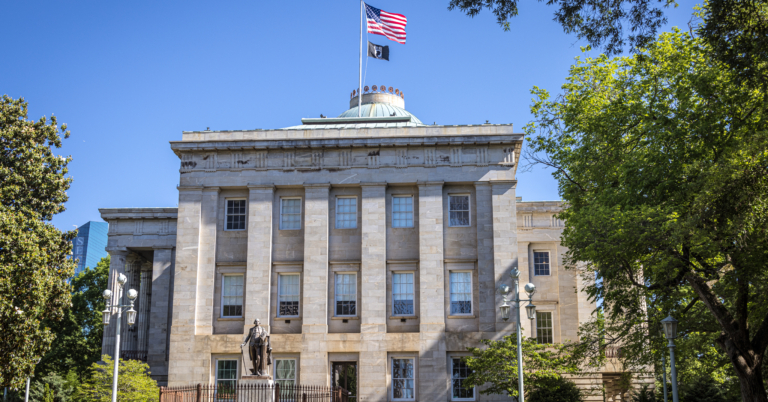
North Carolina has joined seventeen other states in ending a long-standing practice in which judges deferred to a state agency’s interpretation of their own handling of regulations. On October 17th, the North Carolina Supreme Court ruled against judicial deference in Alvin Mitchell v. The University of North Carolina Board of Governors.
At issue was a former Winston-Salem State University professor’s case regarding his termination. The university fired Dr. Alvin Mitchell, who argued that the University failed to follow its own rules and regulations in dismissing him.
While the North Carolina Supreme Court held that Winston-Salem had appropriately followed procedures in terminating Dr. Mitchell, they ruled that North Carolina government agencies no longer be given automatic preference in interpreting their own rules and regulations, saying “a state agency’s interpretation of its own rules or regulations can inform a court’s judgment and aid in ascertaining the meaning of the law. But the agency’s interpretation is never binding.”
The majority continued:
In cases involving a complex or highly technical regulatory program, courts should continue to give due consideration to the views of the agency, as those views may aid ‘in ascertaining the meaning’ of the regulation. But the views of the agency are never binding. We disavow any state law precedent suggesting otherwise and instruct all lower courts to apply traditional de novo review to the interpretation of state administrative regulations.
Thanks to this case, North Carolinians will no longer be subjected to systemic bias elevating government agencies over their rights. In cases of ambiguity in the regulatory language, this ruling restores benefit of the doubt and equality before the law to citizens of the state, a sharp departure from the previous practice of tipping the scales favoring unelected agencies’ opinions over the legal rights of citizens.
Majority of States Still Subject to Judicial Deference Schemes
Despite this progress, thirty-two states still improperly defer to their regulatory agencies. Of the eighteen states that have, seven, including North Carolina, have done so through the courts, while ten have enacted positive legislation, and a ballot measure limited deference in Florida.
The remaining states should adopt policies to ensure that in cases by or against government agencies, where there is ambiguity in regulatory language, state courts must use a reasonable interpretation rather than defer to the agency’s broad interpretation.
Molly Powell is a Senior Policy Analyst at Americans for Prosperity.
© 2026 AMERICANS FOR PROSPERITY. ALL RIGHTS RESERVED. | PRIVACY POLICY
Receive email alerts to learn how to get involved